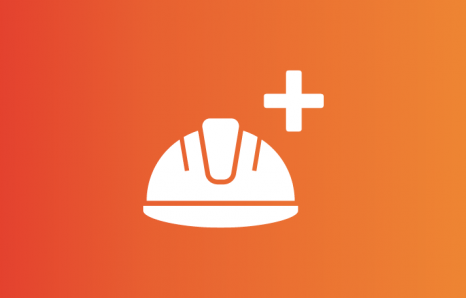The health of colleagues will always be a key priority of the rail industry. This session on occupational hygiene discusses long-term worker health protection and the focus for future projects and initiatives.
You may also be interested in:

RWL '23 preview - Wendy McCristal and Rupert Lown
Wendy McCristal and Rupert Lown discuss the importance of good mental health, especially for those in lone working roles. They talk about the health challenges especially faced by shift workers and how they can take control of their wellbeing while working long and irregular hours.

Solving the industry occupational health capability gap together
Hear from rail operators and experts about challenges around occupational health, followed by a lively discussion on what needs to change to unlock occupational health capability and what part you could play in making it happen.

Melanoma skin cancer
Watch this talk on melanoma awareness and prevention. Learn how to protect your skin from harmful UV rays with simple tips like using SPF 30+ sunscreen, covering up, and spotting early signs such as changing moles. Featuring survivor David Bateson and Susanna Daniels, CEO of Melanoma Focus, this short session offers expert advice and personal insights to help you enjoy the sun safely.
